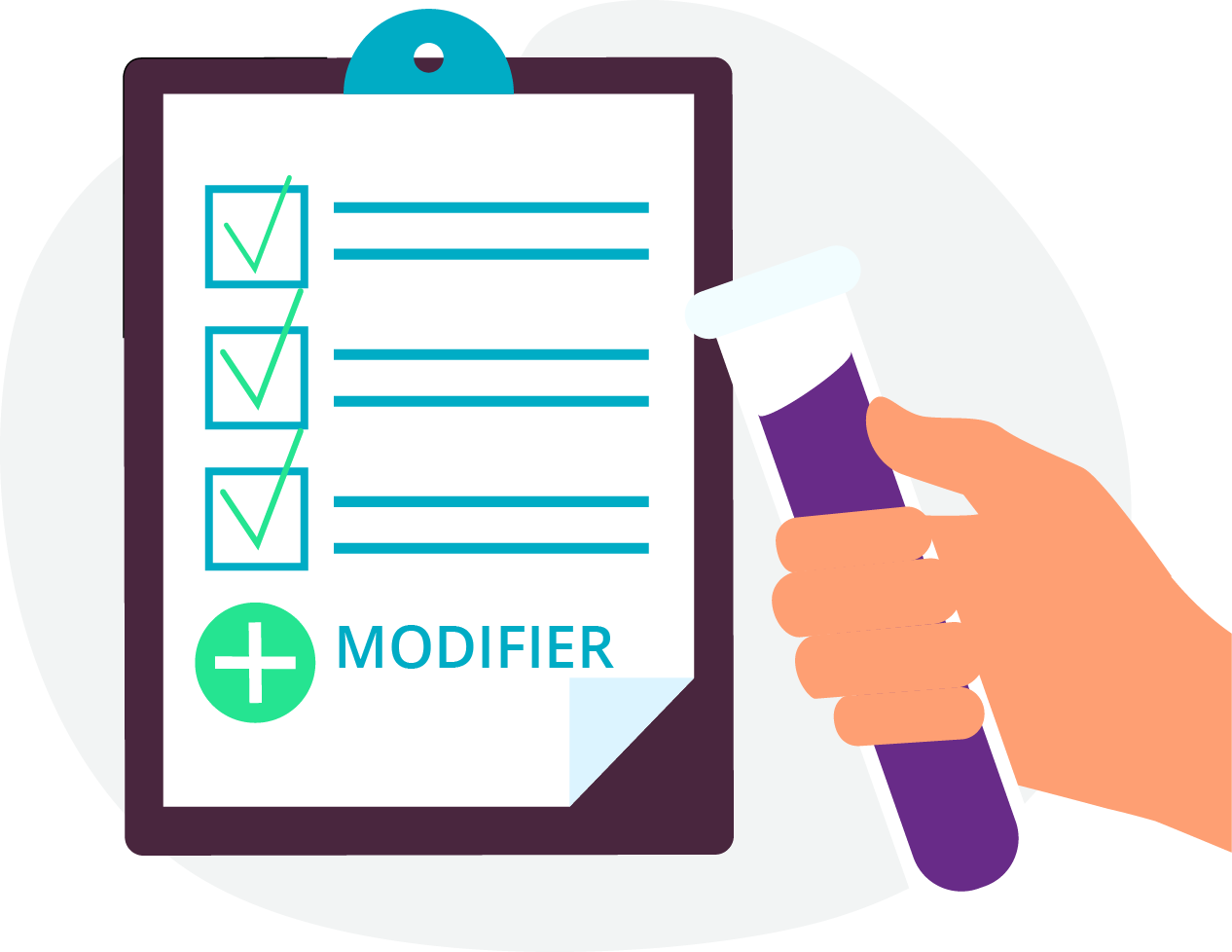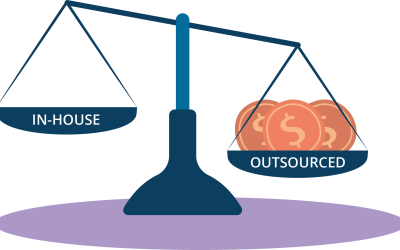Maximizing Lab Billing Efficiency with Laboratory Modifiers

In the realm of medical laboratory billing and coding, laboratory services occupy a critical position. Accurate coding of laboratory tests is not only essential for ensuring proper reimbursement but also plays a pivotal role in maintaining compliance with regulatory standards. One valuable tool that can significantly impact the lab billing process is laboratory modifiers. In this article, we’ll explore the world of laboratory modifiers, their significance, and how to use them effectively to streamline lab billing procedures.
Understanding Laboratory Modifiers
Laboratory modifiers are alphanumeric codes added to CPT (Current Procedural Terminology) codes to provide additional information about laboratory services. They help clarify the circumstances under which a particular laboratory test was performed and can influence the reimbursement for the service. Modifiers serve as essential tools for coders and healthcare providers to accurately describe the complexities and nuances of laboratory services.
Types of Laboratory Modifiers
Laboratory modifiers are categorized into two main groups: informational modifiers and pricing modifiers.
Informational Modifiers: These modifiers convey information about the circumstances under which a test was performed. Common informational modifiers include:
- 24: Unrelated evaluation and management (E/M) service by the same physician or other qualified healthcare professional during a post-operative period.
- 25: Significant, separately identifiable E/M service by the same physician or other qualified healthcare professional on the same day of the procedure.
- 32: Mandated services.
- 91: Repeat clinical diagnostic laboratory test.
Pricing Modifiers: These modifiers may affect the reimbursement rate of laboratory tests. Examples of pricing modifiers include:
- QW: CLIA-waived test.
- 76: Repeat procedure by the same physician.
- 77: Repeat procedure by another physician.
How Laboratory Modifiers Affect Your Reimbursement
Laboratory modifiers play a crucial role in the healthcare billing process for several reasons:
Accurate Reimbursement: Using the appropriate laboratory modifiers ensures that healthcare providers are reimbursed accurately for the services they provide. Without them, coders and payers might have difficulty discerning the specific circumstances of a lab test, potentially resulting in underpayment or denials.
Compliance: Laboratory modifiers help healthcare providers adhere to regulatory guidelines and coding standards. Accurate coding and billing are essential for complying with federal regulations, such as those set forth by the Centers for Medicare and Medicaid Services (CMS).
Avoiding Denials: The lack of necessary modifiers can lead to claim denials. This can be costly in terms of both time and resources, requiring providers to resubmit claims and follow up on unpaid services.
Using Laboratory Modifiers Effectively
- Familiarize Yourself with Modifier Guidelines
The first step in using laboratory modifiers effectively is to become well-acquainted with the guidelines provided by the American Medical Association (AMA) and other relevant organizations. These guidelines offer detailed explanations of when and how to use each modifier. Always refer to these official resources when in doubt.
- Code Selection
Choosing the correct CPT code is the foundation for using laboratory modifiers effectively. Ensure that the code accurately represents the laboratory test performed. Then, consider whether any additional information needs to be conveyed through modifiers. This decision should be based on the specific circumstances of the test and the services provided.
- Modifier Assignment
Selecting the appropriate modifier depends on the unique circumstances of the laboratory service. For instance, if a laboratory test is repeated on the same day, you might use modifier -91 to indicate this. If a significant, separately identifiable E/M service was performed on the same day, you would use modifier -25. Always document and code accurately to justify the use of modifiers.
- Documentation is Key
Thorough documentation is vital to support the use of laboratory modifiers. The medical record should clearly reflect the need for a modifier, demonstrating the medical necessity of the services provided. This includes detailing any unrelated E/M services or the reasons for repeating a test.
- Compliance with Regulations
Stay informed about changes in regulations and guidelines, as they can impact modifier usage. For instance, the introduction of new codes or changes in coding rules may affect how laboratory modifiers are applied.
Find a Knowledgable Billing Partner for Your Laboratory
For laboratory billing companies, the effective utilization of laboratory modifiers is paramount to ensuring a seamless and profitable lab billing process. These modifiers serve as indispensable tools that allow us to accurately represent the complexities of laboratory services, which in turn, guarantees precise reimbursement for our clients. By adhering to the stringent guidelines, selecting the most fitting CPT codes, and maintaining comprehensive documentation, we contribute not only to financial stability but also to the overall success of the healthcare providers we serve.
Staying updated on industry regulations and guidelines is not only a responsibility but a core practice that sets us apart in the laboratory billing landscape. By investing in ongoing training and education for our coding and billing team, we solidify our commitment to delivering exceptional service and optimal financial outcomes. In doing so, we reinforce our role as trusted partners to healthcare providers, ensuring that they can focus on patient care while we take care of the complexities of laboratory billing. Contact us today to see how we can service your laboratory’s revenue needs.
STAY UPDATED ON NEWS & BLOGS
Ready to grow your lab?
FOLLOW US
Start Maximizing Your Lab's Revenue
With Laboratory Reimbursement Experts
See why labs across the nation are making the switch from traditional medical billing companies and in-house billing teams. Start earning more and spending less on your lab billing today.
Read Our Latest Posts
Laboratory Medical Billing – Decisions of Profitability
The Complex Landscape of Laboratory Medical Billing The success of a lab truly lies in the foundation of the success of it's laboratory medical billing process. Without proper reimbursement, labs can struggle to remain profitable despite quality volume and test menus....
CMS Makes Improvements to Prior Authorization Process
The Centers for Medicare & Medicaid Services (CMS) has released the CMS Interoperability and Prior Authorization Final Rule (CMS-0057-F) on January 17, 2024. The rule aims to advance interoperability and enhance prior authorization processes in healthcare. It...
Travel Allowance Fee Updates for 2024
Make sure your billing staff or third party billing company know about specimen collection fees and travel allowances for 2024 and other policy updates and reminders. Executive Summary CMS issued regulations to codify and modify policies on billing Medicare for...



